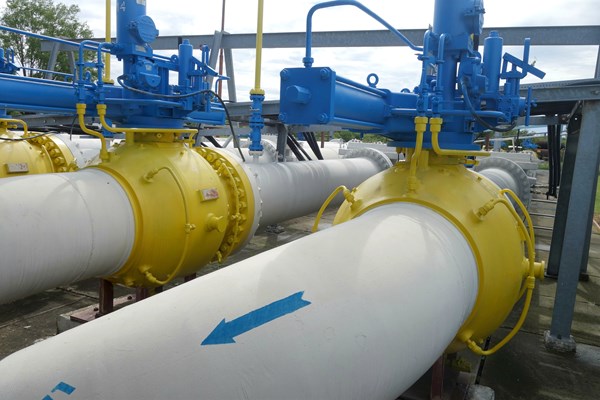EU calls on Ukraine and Russia discuss future of the gas transit
Maros Sefcovic, the European Commissioner for the Energy Union encouraged Russia and Ukraine to discuss the future of the transit of Russian gas through the territory of Ukraine after the Stockholm Arbitration passes its decision.
“We have discussed the dynamics of exporting Russian gas over the past year and we’ve concluded that the export volumes were quite impressive, and that the transit of gas through Ukraine played a very important role supplying gas to Europe. From our viewpoint, this clearly indicates that the transit through Ukraine is very important and will remain in the future,” Sefcovic told journalists at the Economic Forum in Davos, Interfax-Ukraine reports.
“We therefore agreed that as soon as the Stockholm Arbitration hands down its decision, and after a reasonable time for the sides to study the decision, it would be great if all could meet and discuss future gas transits through Ukraine. This is certainly one of the European Union’s priorities, and today I will discuss this subject with President of Ukraine Petro Poroshenko,” Sefcovic said.
According to Sefcovic, in 2017, Russia passed 94 billion cubic meters of gas to the EU through Ukraine. Sefcovic indicated that the high-volume traffic of gas would be very important to Gazprom as a supplier, to Ukraine as a transit state and to the European Union as a consumer.
“I will discuss with [President Poroshenko] the overall framework after the Stockholm Arbitration passes judgment so we can set up a constructive dialogue and ensure that this transit route remains important for gas supplies to Europe, and that volumes remain sufficient until 2019,” the European Commissioner said.
Russia intended to construct the Nord Stream-2 gas pipeline with the transiting capacity of 55 billion cubic meters of gas from Russia to Germany over the bottom of the Baltic Sea. The launch of the new gas pipeline would significantly cut into Ukraine’s earnings from the transit of Russian gas.
